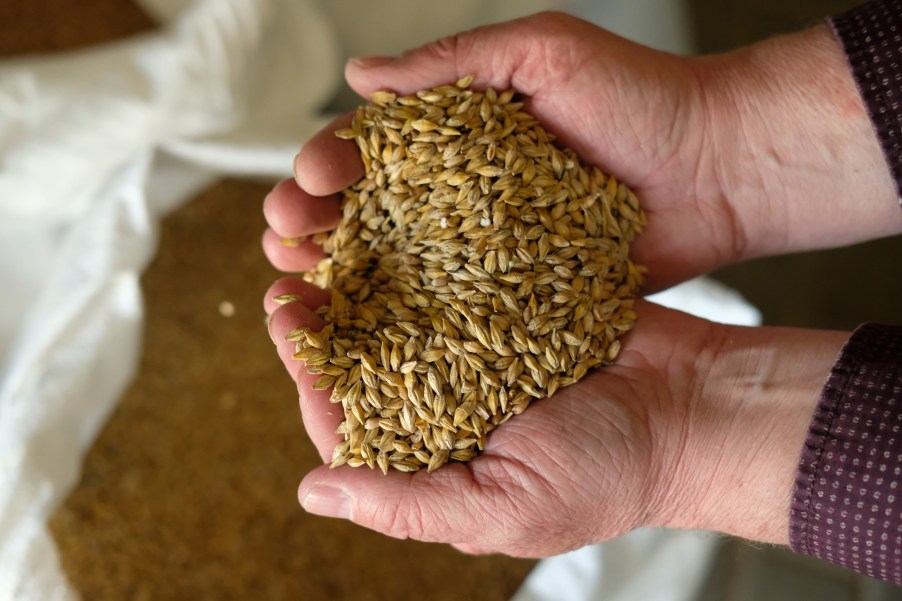
Your Car Needs a Drink: You Might Be Putting This Biofuel in Your Tank Soon
Don’t junk your gas-powered car just yet. Yes, EVs and electrified plug-in hybrid electric vehicles (PHEV) are replacing the internal combustion engine (ICE) car rapidly. That doesn’t mean that can’t run your vehicle on a more environmentally friendly byproduct soon. You might actually be putting a different kind of biofuel product in your tank in the near future. So take a note from the book of Scottish scientists and buy your car a whisky.
What are Biofuels?

Biofuels are fuels derived from organic matter. For example, CNN reports that Rudolph Diesel initially experimented with peanut oil to fuel his engine. However, using crops like corn or peanuts to produce fuel is costly and wasteful. It typically requires enormous amounts of acreage and resources to cultivate the biofuels.
While it may seem that biofuels are an untenable idea, there are some interesting prospects. Perhaps the most exciting opportunity is that of Martin Tangney and his Celtic Renewables initiative. His team is evaluating the feasibility of using byproducts from Scotch whisky production to serve as biochemical bases for gasoline, diesel, and other oil-based products.
Buy your car a whisky

Scotch whisky production is a huge industry but with similarly colossal waste. CNN says that for every one liter of Scotch, distilleries produce around 2.5 kg of solid material byproducts, or “draff.” Also, Scotch whisky production reportedly creates about eight liters of a liquid known as “pot ale” and another 10 liters of a liquid byproduct. While some of the byproducts are earmarked for animal feed, much of the material is dumped into landfills and waterways.
Tangney seeks to change this cycle; His team is using a fermentation process to convert the byproducts into a biofuel base, which would cut down on the excessive land use and exorbitant cost of cultivating the fuel alternatives.
So why should we use biofuels like the whisky byproducts?

In addition to the costliness of conventional biofuel cultivation, the mass production of biofuels can offset “the benefits of reduced greenhouse gas emissions,” says Alison Smith. Smith, a senior researcher at the University of Oxford, warns that industrial biofuel use can negatively affect biodiversity and food security.
However, using “genuine waste” products, Smith suggests, may avoid the problems associated with conventional biofuel production. Although it seems like science fiction, distilleries are already using whisky byproducts to power vehicles in Scotland, and the usefulness of genuine waste products doesn’t end there. According to Tangney, the byproducts can be used to produce other traditionally petroleum-based products like cosmetics and plastics.
What’s next? How do the genuine waste byproducts get from the distillery to your tank?
CNN says that Martin Tangney and Celtic Renewables completed Scotland’s first biorefinery in 2021. In addition to being the first of its kind, the plant has the capacity to convert 50,000 tons of whisky byproducts into the necessary biochemicals for fuel. Considering this initiative repurposes waste products from a multi-billion dollar industry, it is an exciting prospect.



